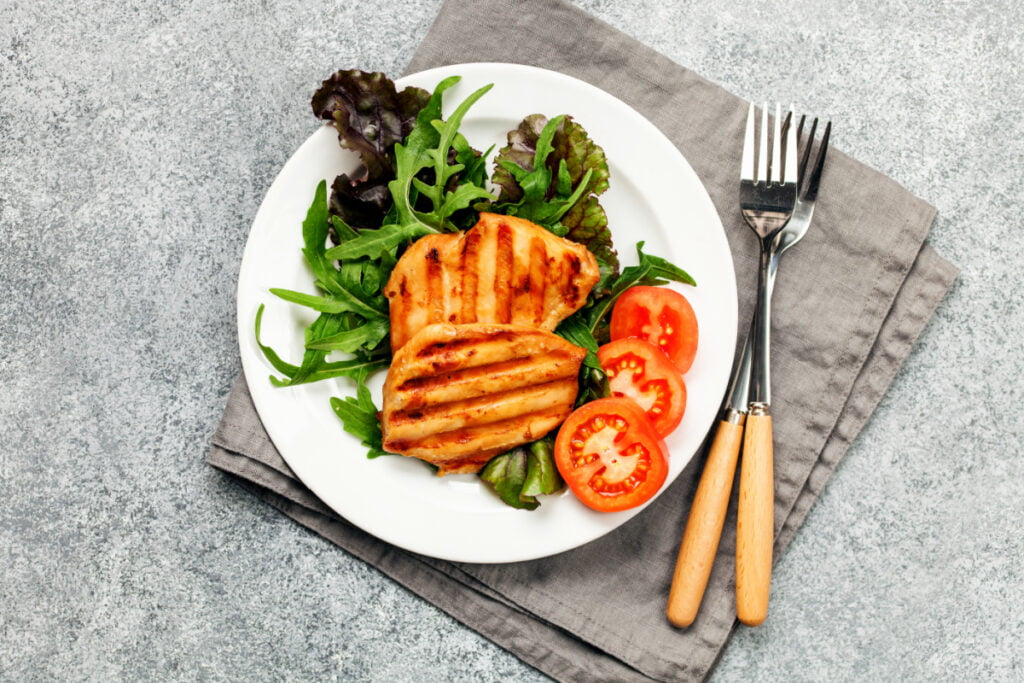Does Plastic Surgery Affect Your Immune System?
Posted on July 6, 2024 | by Boston Plastic Surgery
The presence of COVID-19 in our lives for the foreseeable future means all of us are thinking more about immune health. If you’re considering cosmetic surgery or have a procedure already planned, it’s understandable that you would want to consider surgery’s potential impact on your body’s immune system.
Plastic surgery penetrates the skin’s surface and typically involves restructuring underlying tissues. This will cause your system to immediately swing into action to start healing incisions and fight off infection. That said, a safe procedure plan should not negatively affect your immune system—rather, it will simply call it into action. So the more robust it is, the better.
The good news is that preparing your immune system for a plastic surgery procedure involves many of the same best practices for fighting off other types of infections—and, while your immune system is a complex set of mechanisms, you can focus on a handful of key factors.
4 Key Factors for Supporting a Healthy Immune System
Sleep, stress-reduction, nutrition, and exercise are all part of achieving overall health and, in turn, are the building blocks of a healthy immune system.
1. Quality sleep is crucial
Without sufficient sleep, your immune system will have a harder time protecting your body from infection and healing incisions. During sleep, your involuntary bodily systems have more energy to do their job since you aren’t up and moving. Your brain is able to focus on your body, which is releasing hormones to heal tissues and repair blood vessels, regulate inflammation, and make white blood cells to battle infection. If you aren’t getting adequate sleep, your recovery process can be longer and more difficult.
- Try going to sleep at the same time each night.
- Reduce nighttime blue-light exposure (computer, phone). The light fools your brain into thinking it’s still daytime and affects your circadian rhythms.
- Avoid drinking caffeine late in the day.
- Establish a sleep routine that includes winding down—try a bath, soothing music, meditation, or reading before bedtime.
2. Keeping stress to a minimum
Scientifically, it’s difficult to measure the relationship of stress to immunity. However, we do know stress suppresses the immune response, so understanding its sources (which are different for everyone) and learning how to manage it is always a good idea. The benefits of meditation and other relaxation techniques—especially ones that can become habits—help counteract stress. According to Harvard Medical School, there are some tried and true methods that can make a difference when practiced regularly:
- Progressive muscle relaxation
- Mindfulness meditation
- Yoga, tai chi, and Qi Gong
- Repetitive prayer
- Guided imagery
3. Good nutrition
What you eat plays a significant role in how well your body will repair itself after surgery. Studies have shown that diets high in artificial trans and saturated fats make it harder on your white blood cells (your immune system’s army of defense) to do their job. Additionally, consuming inflammatory foods such as processed meat and refined carbs (think cakes, cookies, candy, sugary drinks) can hinder your immune response and prolong the healing process. Alcohol is another factor that should be considered and reduced to help your immune system.
“Physicians have long observed that excessive alcohol consumption can lead not only to liver damage but also to increased illness and death from infectious diseases.”
—NIH Publication Alcohol and the Immune System
Nutrition, of course, is not just about what foods to avoid. We encourage you to fill your plate with immune-boosting, anti-inflammatory foods, including leafy greens, berries, fatty fish, mushrooms, broccoli, tomatoes, and other whole, fresh foods. Try a dose of healthy dark chocolate for dessert!
4. Keep your body healthy with regular exercise
Exercise improves mood, boosts immunity, and increases blood circulation which promotes healing, but you’ll need a fitness plan in place well before your surgery date to experience these benefits (after surgery, movement will be limited while you recover). We recommend that all patients exercise regularly in the months leading up to their procedure. You’ll not only feel better going into surgery, but you’ll also recover faster! If adopting a fitness plan has been a challenge, try using a reputable fitness app to inspire and support you.
In the Boston area? We’re here for you.
Board certified plastic surgeon Dr. Fouad Samaha has been in practice in Boston for more than twenty years and is well-known for his beautiful, natural results. Together with female plastic surgeon Dr. Alannah Phelan, Dr. Samaha and the entire Boston Plastic Surgery team take a comprehensive approach to care and love educating their patients about the best ways to care for themselves both pre- and post-surgery. Contact us today to schedule your personal consultation.





